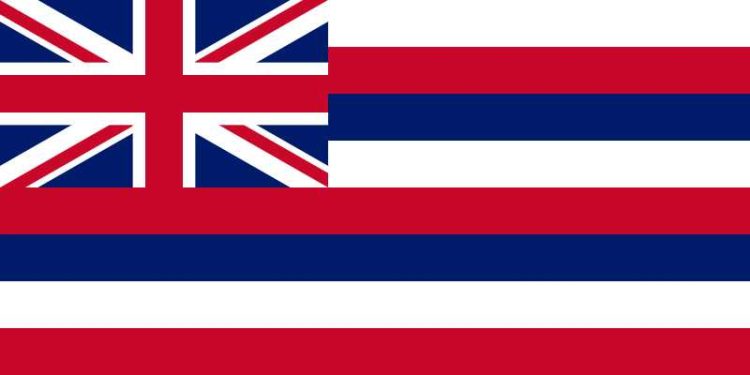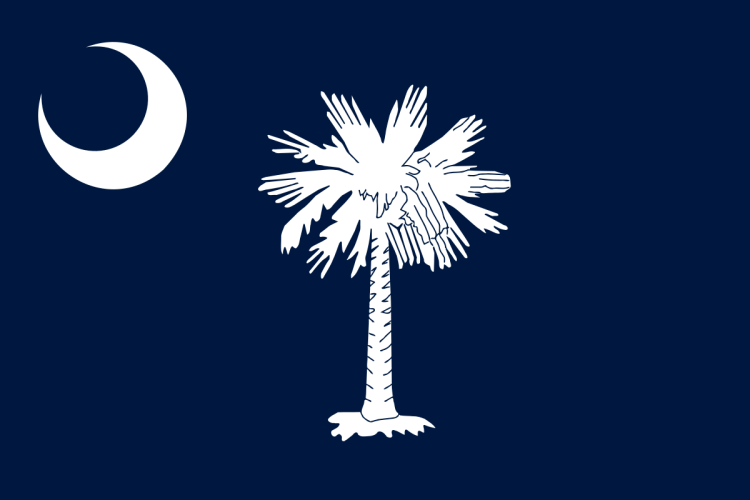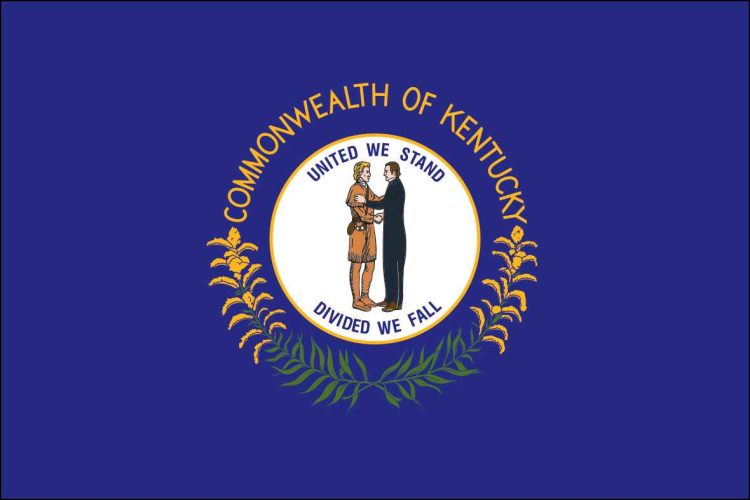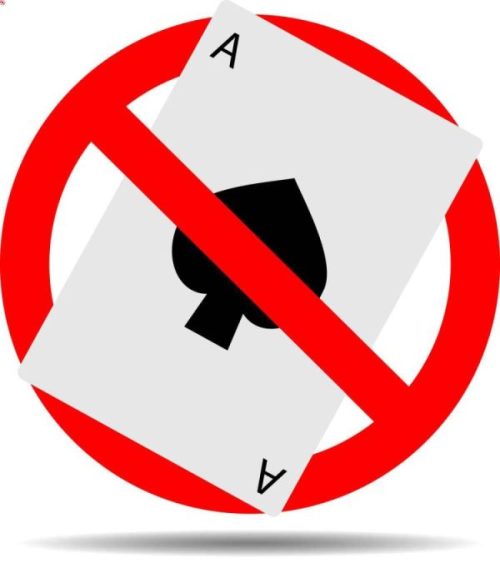Which States Do Not Have Casinos?
Over the course of decades, America has converted its casino gambling allure into a lucrative industry that adds both entertainment and economic growth.
The spell of neon lights, slots, and poker tables has transformed cities like Las Vegas and Atlanta into global gambling giants. Still, the legality and availability of casinos vary widely across different states of the nation.
In this article, we will highlight the states in the US that do not have casinos, the reasons for their absence, and the impact on local economies.
States Without Casinos
While some states only allow native American tribal casinos, others may not allow any form of gambling at all. The state of Hawaii, for instance, has consistently resisted casinos based on cultural values with respect to maintaining the state’s unique identity.
Utah has kept strict anti-gambling laws in place, which is largely due to its religious population.
We have highlighted some of the states in the United States of America where casinos are not in operation. They include the following:
Georgia

Flag on Georgia USA
Georgia has been known for its lack of casinos for many years. This is not due to a casino ban, but because the state has never permitted any legal gambling establishments. The absence concerns not only legality but also the types of gambling that the government has approved.
Georgia has never sanctioned any legal gambling establishments. This includes not only casinos but also other forms of betting or gaming deemed outside the scope of legitimate business.
Hawaii
As a state that brings in a lot of tourists from around the world each year, Hawaii has remained a casino and gambling activity-free state. The state’s gambling laws explicitly forbid all forms of casinos and gambling events along its coast.
There is no indication that this will change anytime soon, even as online gambling gains gradual acceptance in other states.

Flag of Hawai
Utah
In the state of Utah, gambling is prohibited, making it illegal to engage in activities such as slots or poker.
This stand by the state was put in place to prevent gambling on horses or at racetracks. However, the law now technically forbids all forms of gaming, including card games.
Furthermore, the law has been amended several times; it now covers explicit language concerning video games.
There are also restrictions on when these games can be played, requiring that such activities take place away from school or work.
Additionally, there are constraints on the content of these games, with a prohibition on including violent elements.

Utah State New Flag
South Carolina
This region of the country doesn’t allow casinos to operate due to political opposition to gambling by the South Carolina government.
So far, the policy has been said to be controversial, with some people in the state asserting that casinos are crucial for generating state revenue. Others contested that such a policy would harm the state’s economy by diminishing tax revenue.

Flag of South Carolina
Kentucky
The state of Kentucky imposes significant restrictions on gambling within its borders, prohibiting the presence of both slot machines and table games (casinos).
Interestingly, the state also takes a distinctive stance by disallowing horse racing, a typically popular activity for betting enthusiasts. There are indications of future adjustments to these laws, but the state has recently legalized sports betting.

Kentucky Flag
New Hampshire
Moving on to the state of New Hampshire, where land-based casinos have all been shut down. Prohibited casinos, but allowed cruise ships with gambling machines for up to 48 hours.
This was done to draw the attention of tourists and other visitors to the state, which is already teeming with businesses and attractions.
The law states that passengers must employ the gambling machines for entertainment purposes only. It also imposes limitations on the maximum number of passengers that are allowed to board the ship at any given time.

New Hampshire Flag
Factors Influencing the Absence of Casinos in These States
There are a number of factors that influence the legal status of casinos in some states but not in others, which contributes to their absence in some areas. These factors include:
Regulatory Barriers
Some states impose constitutional or statutory prohibitions on gambling or necessitate voter approval for casino legalization. For instance, Utah and Hawaii enforce bans on all forms of gambling, while Texas and Georgia strictly limit casino gambling.
Social Concerns
Opposition to casinos can stem from moral or religious convictions or concerns about increased crime, addiction, and social issues. Nebraska and Alaska, for example, have rejected casino proposals due to moral objections and apprehensions regarding their impact on native cultures.

Casino Ban
Economic and fiscal considerations
Certain states and communities may not view casinos as a viable source of economic development or tax revenue. Competition from neighboring states or tribal casinos can also play a role.
Vermont, for instance, has stopped chasing casinos due to skepticism about their economic benefits and fears of losing tourism dollars to other states.
These factors exhibit variability across states and regions, subject to change over time as the gambling landscape evolves. Additionally, the absence of casinos in particular states reflects a complex and dynamic interplay of legal, moral, economic, and political factors.
Impact on the Economies
While the absence of casinos aligns with certain cultural and moral values, it undeniably has economic repercussions. States without casinos may miss out on significant revenue streams.
Residents of these states often travel to neighboring states to engage in casino gaming, contributing to what is commonly known as “gaming tourism.”
However, proponents argue that the absence of casinos fosters alternative forms of entertainment and tourism, preserving the unique cultural identity of these states.
Conclusion
The terrain of casino gambling in the United States is intertwined with several factors, ranging from social to economic. This complexity shapes the direction of casino gambling across the nation.
In general, each of the featured states strives in its own unique way. While not all may be optimal for gaming, that should not change your mind about considering a visit for your next vacation.
However, as gambling grows in the United States and more states change their laws, these locations may change their stance in the near future.
With a potent blend of lived experience and technical expertise, Stephen Naumov stands as a distinctive voice in Mr. Sweepstakes's content team. Born in the historic city of Sofia, Bulgaria, Stephen studied economics at New Bulgarian University and also enriched his expertise by becoming a software engineer at the renowned Telerik Academy.




